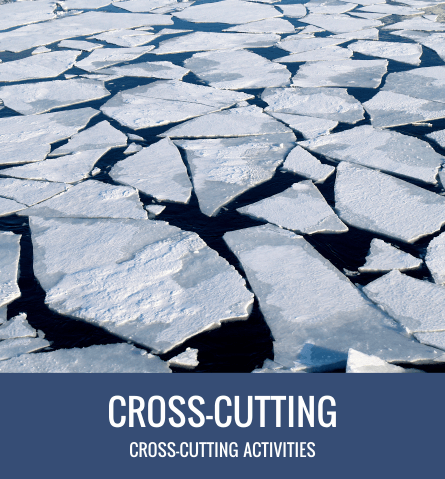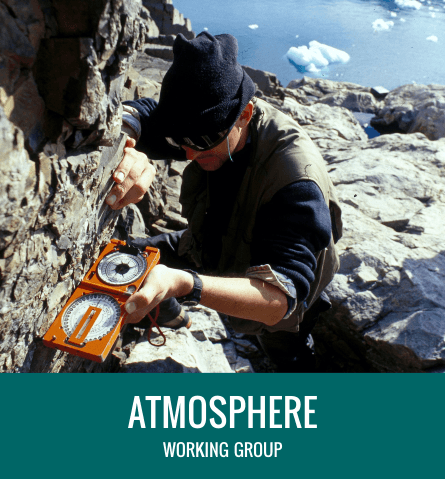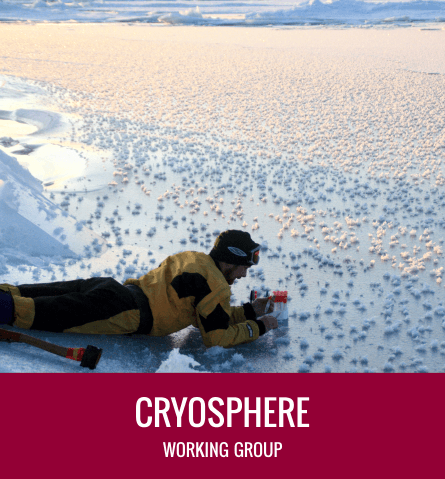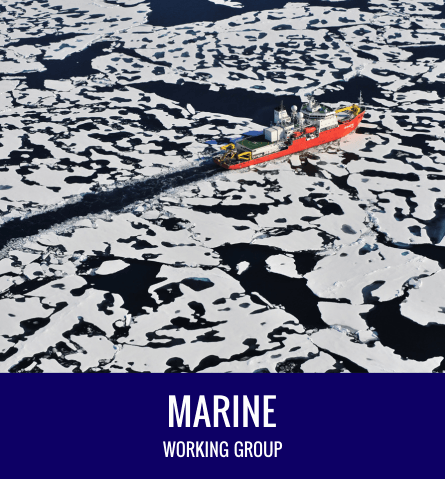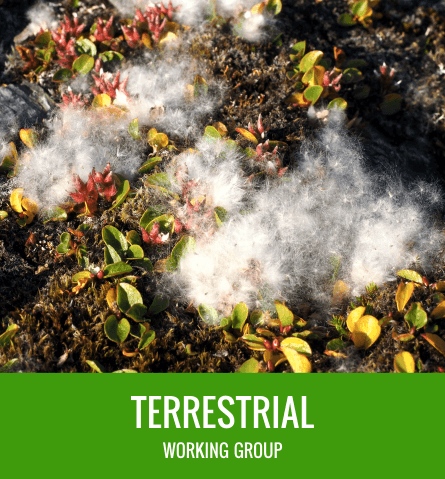The scientific scope of the Social and Human Sciences Working Group (SHWG) shall include all aspects of social sciences and humanities research in the Arctic, as well as their connections with other IASC Working Groups. The actual work of the Social & Human Sciences WG is determined by a dynamic list of scientific focus areas.
The geographic scope of the Social and Human Sciences Working Group shall be the Arctic as defined in the map accompanying the Arctic Human Development Report (AHDR). The geographic scope can be extended south where it is appropriate for an understanding of Arctic social and human processes.
Scientific Foci
Disciplinary foci for the Social & Human Working Group are:
- Arctic residents and change: The Arctic is at the center at various vectors of change, from climate and environmental change to economic and cultural globalization. Arctic residents - whether members of Indigenous communities, long-time settlers or recent immigrants – have long dealt with such change, as active participants in attempts to mitigate them and/or adapt to them, sometimes successfully, sometimes not. Responses to change vary by locale, as well as along axes of age, ethnicity and gender. Through this focus, we seek to contribute to understanding the past and present role of humans in the Arctic environment, including to forecast future states and situations.
- Histories, perceptions and representations of the Arctic: Research within the humanities and social sciences examines historical memories and material remains of Arctic communities, to understand how exploration, exploitation and interventions have influenced natural resource use, local economies, traditional knowledge, health, political systems, gender relations, settlements, cultural heritages, languages, and identities. Through various disciplinary and analytical perspectives on cultural contacts, conflicts and collaborations, on scientific practices and specific modes of constructing knowledge, and on varied representations of the Arctic, we can better understand present-day contexts of local communities and peoples, and better explain the relation between historical memories/material archives and current perceptions, with a goal of addressing issues of participation, representation, human rights and social justice, social and economic development, education and public outreach.
- Securities, governance and law: The Arctic is a peaceful and stable region, not overtly plagued by conflicts. The region has become ever more globalized. Critical topics include 1) how to effect a shift from high (geo)political stability to peaceful change, and make security less mystified and controlled by a nation-state’s security-political elite; 2) how to accelerate mitigation and fulfill the Paris Agreement (COP-21); and 3) how to establish the Arctic as a resilient area and structure.
- Natural resource(s)/ use/ exploitation and development: past, present, future
- Human health and well-being
Cross-cutting scientific foci for the Social & Human Working Group are:
- Human health, well-being and ecosystem change
- Long-term impacts, vulnerability and resilience in Arctic social-ecological systems
- Competing forms of resource use in a changing environment
- Perception and representation of Arctic science
Work Plan
The SHWG Work Plan concisely articulates (with scientifically-driven high-level specifics, not programmatic detail) how they will achieve IASC’s vision over 5 years. This plan is meant to help Arctic scientists get involved in IASC activities, and it is expected that it will evolve in the coming years as the SHWG continues with its work.

